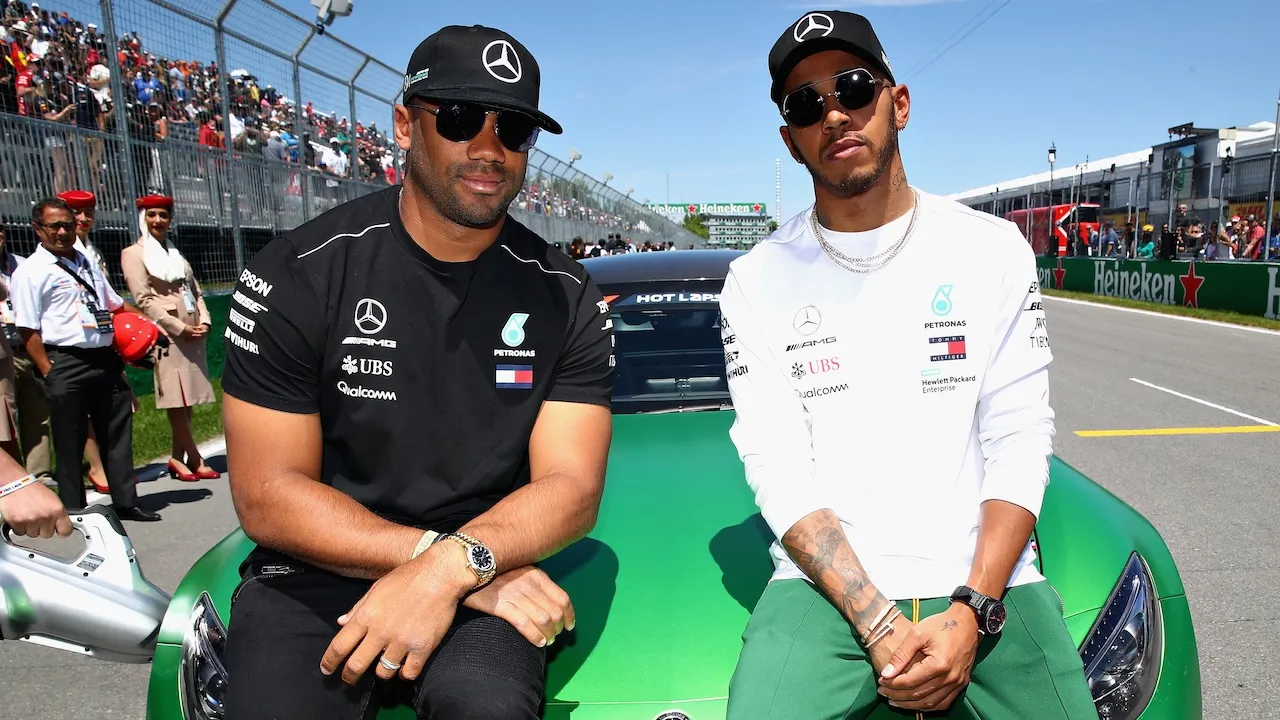By Contributor,Jeff Fromm
Copyright forbes

Airbnb CEO Brian Chesky
Brian Chesky has a knack for reframing the travel industry. When Airbnb started in a San Francisco apartment with a few airbeds, few believed it could evolve into a global brand reshaping where and how people stay. Now, as Airbnb nears its third decade, Chesky is asking an even bigger question: can Airbnb become the go-to platform not just for homes and experiences, but for services that rival hotels, and for cultural moments that define an era?
It’s an ambitious bet. But if you zoom out, the timing is right as consumers look to integrate lodging, services and experiences – now sometimes booking lodging even before air.
The travel journey is far less linear today as more consumers integrate “their wish list” with their travel journey.
From Homes to Services
Airbnb was born on event-driven demand—conventions, festivals, world cups. Today, it’s circling back with a broader vision: homes, experiences, and now services. Imagine booking a chef, a yoga instructor, or a massage as seamlessly as ordering takeout. As Chesky put it in a recent conversation, travelers have always valued hotel-like services, and this new chapter aims to level the playing field.
This pivot reflects a larger consumer truth. Hospitality isn’t just about where you sleep—it’s about how seamlessly your stay extends into life. If Uber normalized “a ride at the tap of a button,” Chesky wants Airbnb to normalize “a chef, a massage, or a photographer at the tap of a button.” The potential is massive.
Gen Z And The Rise of Live Event Tourism
Meanwhile, the industry itself is shifting. According to Skift, live event tourism is becoming a mega trend. Travelers are increasingly building trips around concerts, sports, festivals, and cultural gatherings. For brands, this means demand spikes around calendar-driven moments that blend community, identity, and travel.
MORE FOR YOU
Hotels are evolving with packages that tie lodging to once-in-a-lifetime access. Short-term rental platforms like Airbnb and Vrbo can flex supply in ways hotels cannot—turning entire neighborhoods into inventory during events like the Olympics or the FIFA World Cup. Airbnb’s early growth was fueled by event-driven stays, and Chesky knows that playbook. The difference now is scale, brand equity, and a generation of consumers who prioritize experiences over things.
Why Gen Z Is Central To Travel Trends
In my book, “Marketing to Gen Z (Harper Collins)” I argued that Gen Z isn’t just another demographic. They are redefining loyalty in travel, demanding emotional resonance, frictionless technology, and insider access. They don’t just want to stay somewhere; they want to belong to something. Airbnb’s strategy leans into that psychology:
Identity: Booking on Airbnb is often a signal of how you travel—independent, flexible, and local-first.
Utility plus delight: A home is the rational choice, but services and experiences add the emotional lift.
Community: Staying in a local neighborhood during a festival or cultural event feels participatory in ways a chain hotel may find harder to match.
Chesky’s expansion into services strengthens that appeal. A Gen Z traveler in Miami for Art Basel might use Airbnb not just to find a loft but also to book a private gallery tour, arrange a chef’s dinner, and line up yoga the morning after. It’s lifestyle architecture, not lodging.
Competition and Collaboration
For Airbnb, the challenge isn’t just demand—it’s growth rate. Revenue expansion has slowed into the high-single digits, while Booking Holdings is posting faster gains. Chesky knows layering on businesses is essential: services, boutique hotels, international expansion, AI-driven search. Each adds surface area, but execution is everything.
Vrbo and others aren’t standing still. Expedia has long marketed event-driven travel. Innovative hotels are rolling out partnerships that bundle stays with VIP access to concerts, games, and cultural festivals. Assuming Skift is right and live event tourism is a long-tail growth engine, Skift estimates the TAM market at over $1 Trillion. That implies a few large winners that deliver on curating authentic “member moments” before, during, and after each trip.
The AI Layer
Chesky is also betting that AI will redefine how consumers discover and book. Next year, Airbnb will begin rolling out AI-powered search that feels more like a conversation with a concierge than a keyword box. Instead of sifting through thousands of listings, travelers will articulate intent—“I’m going to Paris for my first time, I love food, I want something near nightlife”—and the platform will refine results in real time.
AI isn’t just a shiny feature. For live event tourism, it could be the connective tissue that bundles stays, services, and experiences into one seamless journey. Imagine searching “Going to Coachella, need a place for four friends, plus late-night food options and a yoga class.” That’s where Airbnb wants to play.
The Bigger Picture
Travel is cyclical. Hospitality incumbents know the value of consistency, while disruptors chase novelty. Chesky is trying to merge the two: a reliable global platform with the cultural agility to ride new waves like live event tourism. The risk is execution—building services and hotels into the platform without diluting focus. The reward is enormous: a multi-billion-dollar ecosystem that extends far beyond lodging.
The next chapter of Airbnb isn’t just about where people stay. It’s about how they live when they get there, and how travel brands—from Airbnb to Vrbo to boutique hotels—meet a generation that equates loyalty with lifestyle.
What Airbnb, Vrbo, and Hotels Should Do to Win
The future of travel will be shaped by how well brands adapt to three intersecting forces: services, live event tourism, and Gen Z expectations. To win, each player must play to its strengths while borrowing from others:
Airbnb should double down on services and live events as differentiators, making “one app for every travel moment” a reality. AI-powered discovery can tie homes, services, and experiences into one narrative. That’s a powerful strategy at scale.
Vrbo should sharpen its family and group-travel positioning, leaning into event-driven demand while experimenting with curated experiences that go beyond the home itself. They have added a talented GM and are investing for growth.
Hotels need to move faster in partnering with events and layering in exclusive access. Packaging stays with insider perks—VIP entrances, pre-show dinners, behind-the-scenes tours and find ways to “localize” the journey —can restore their edge against platforms that scale faster.
All three must design around frictionless tech and emotional resonance which means trust with a capital T.
Gen Z doesn’t just want to buy a bed for the night. They want to buy into a story, a community, and a set of experiences worth sharing on their Insta account.
Editorial StandardsReprints & Permissions



